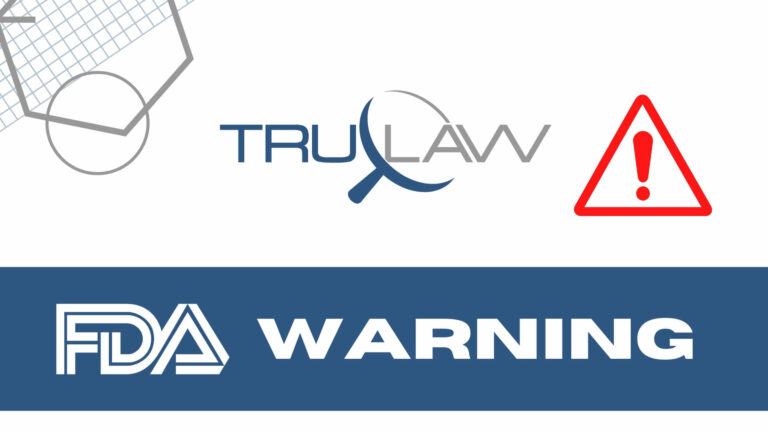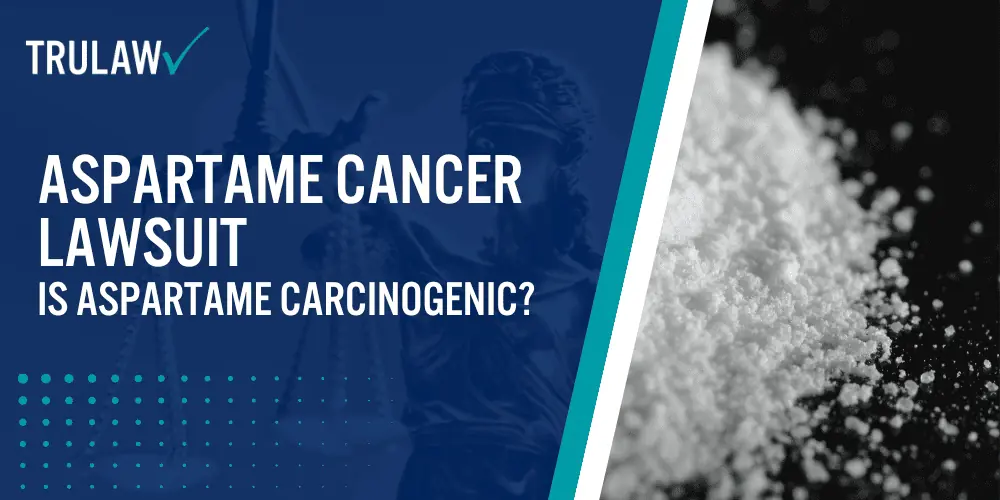What is Aspartame?
Aspartame is a popular artificial sweetener or food additive that has been ever-present in the food industry since the 1980s.
Aspartame is chemically composed of aspartic acid and phenylalanine, which are amino acids.
The sweetening power of aspartame is much greater than that of sugar, allowing for its use in smaller quantities to achieve the desired level of sweetness.
It is estimated to be approximately 200 times sweeter than sucrose (table sugar).
Due to its intense sweetness, only small amounts of aspartame are needed to achieve the desired taste, resulting in significantly fewer calories.
Since its approval by the FDA, it has been incorporated into a wide range of consumer products, including diet sodas, sugar-free desserts, chewing gum, and various other food and beverage items.
The approval of aspartame opened up new possibilities for providing a sweet taste in products while reducing overall sugar content and calorie intake.
Aspartame is considered safe for consumption by regulatory agencies, such as the FDA and the European Food Safety Authority (EFSA), when used within the acceptable daily intake (ADI) limits established by these organizations.
Aspartame has been the subject of ongoing debate and research regarding its potential to cause cancer and other health problems, with conflicting findings and inconclusive evidence necessitating further investigation.
What is Aspartame In?
Aspartame is commonly found in various products, including beverages, chewing gum, and toothpaste, and has been reviewed by the US Food and Drug Administration (FDA), which considers it safe for the general population.
Products that may contain aspartame include:
- Diet sodas, such as Diet Coke, Diet Pepsi, and Sprite Zero
- Sugar-free or “light” versions of soft drinks and carbonated beverages
- Sugar-free or “diet” fruit-flavored drinks
- Powdered drink mixes and instant iced tea mixes labeled as sugar-free or low-calorie
- Sugar-free or “light” yogurt and yogurt-based products
- Sugar-free or “diet” chewing gum
- Sugar-free or “lite” desserts and puddings
- Sugar-free or “no sugar added” ice cream and frozen desserts
- Sugar-free or “diet” candies and mints
- Some toothpaste and oral care products labeled as sugar-free or low-sugar
- Low-calorie or sugar-free salad dressings and condiments
- Sugar-free or “diet” syrups for coffee or pancakes
- Sugar-free or “lite” breakfast cereals
- Sugar-free or “no sugar added” baked goods and pastries
- Some sugar-free or “light” energy drinks
- Sugar-free or “diet” protein bars and shakes
- Some over-the-counter medications, such as cough drops and throat lozenges labeled as sugar-free or low-calorie
- Some vitamin and dietary supplements labeled as sugar-free or low-calorie
Aspartame Health Risks: Is Aspartame Dangerous?
Aspartame is set to be declared as possibly carcinogenic to humans by the the International Agency for Research on Cancer, the World Health Organization’s cancer research arm.
Decades after its approval by the FDA and other regulatory agencies, concerns regarding the safety of aspartame have prompted global health bodies to reevaluate its potential links to cancer and other adverse health effects.
The World Health Organization (WHO) has undertaken a comprehensive analysis, while the Joint Expert Committee on Food Additives, a joint committee of WHO and the United Nations, is updating its risk assessment.
The WHO’s International Agency for Research on Cancer analyzed existing research to determine the potential carcinogenic effects of aspartame.
The findings of this analysis, along with the recommendations from the Joint Expert Committee on Food Additives, are set to be released on July 14th, 2023.
These expert committees comprise independent health professionals from around the world, providing a comprehensive evaluation of aspartame’s safety.
Aspartame Cancer Risk
Understanding the potential link between aspartame consumption and cancer is essential for individuals seeking to make informed choices about their diet and overall health.
Cancers that researchers believe may be associated with aspartame consumption include:
- Leukemia and Lymphoma: Some studies have suggested a possible association between aspartame consumption and an increased risk of certain blood cancers, such as leukemia and lymphoma.
- Brain Tumors: Studies investigating the potential connection between aspartame and brain tumors have yielded mixed results. While some studies have reported an increased risk, others have found no significant association. Additional research is needed to better understand this potential link.
- Breast Cancer: The impact of aspartame on breast cancer risk remains a topic of debate among researchers. Current evidence does not provide conclusive findings on a direct causal relationship between aspartame consumption and breast cancer. Further studies are necessary to clarify this association.
- Obesity-Related Cancers: Obesity is a known risk factor for various types of cancer, including colorectal, kidney, and postmenopausal breast cancer. Aspartame is often used as a sugar substitute in products marketed for weight management. While the direct impact of aspartame on obesity-related cancers is not well-established, maintaining a healthy weight through balanced nutrition and regular physical activity is recommended for reducing the risk of these cancers. It is important to consider overall lifestyle factors when assessing cancer risk in relation to aspartame consumption.
- Other Cancers: Research exploring the potential link between aspartame consumption and other types of cancer, such as bladder, pancreatic, and ovarian cancer, is limited and inconclusive. Additional studies are needed to gain a more comprehensive understanding of any potential connections.
It is crucial to note that the existing body of evidence does not establish a definitive link between aspartame consumption and cancer.
Many studies have yielded inconsistent results, highlighting the need for further research to better understand the potential risks associated with aspartame.
Regardless, our investigation into potential legal claims related to aspartame and cancer is ongoing.
Other Aspartame Health Concerns
Other than cancer risk, researchers have also identified other potential health concerns related to aspartame use.
These health problems or symptoms may include, but are not limited to:
- Headaches and Migraines
- Neurological and Behavioral Disorders
- Metabolic and Weight-related Issues
- Diabetes and Blood Sugar Control
- Digestive Issues
- Allergic Reactions
- Sleep Disorders
- Cognitive Impairment
What Would Go Into Filing an Aspartame Lawsuit?
In the event of an aspartame cancer litigation and your qualification to participate, various factors go into building a case and strategizing for a successful outcome.
These steps include gathering and retaining evidence related to aspartame use, as well as assessing and calculating damages resulting from health problems potentially attributed to aspartame.
Your lawyer would help you with both of these steps in an aspartame cancer lawsuit, but it is important to consider these before contacting an attorney.
Potential Evidence in Aspartame Cancer Lawsuits
Evidence that you used aspartame products and developed a related health condition would be included in an aspartame lawsuit claim.
Potential evidence might include:
- Medical records
- Receipts of purchase for aspartame containing products
- Witness testimony
- Medical expert testimony
- Doctor’s notes
- Personal testimony on dietary habits and exposure
- Other evidence that would prove use of aspartame and a related diagnosis
Potential Damages in Aspartame Cancer Lawsuits
In the event of an aspartame litigation, individual claimants’ damages would refer to the total amount of losses related to aspartame use and related health conditions.
Potential damages may include:
- Past, present and future medical expenses
- Lost income
- Therapy costs
- Emotional damages
- Pain and suffering
- Permanent disability
- Lost quality of life
Damages would be unique to an individual’s case and an experienced attorney would be able to help you identify and calculate all possible damages in your case.
TruLaw: Assessing the Potential for an Aspartame Cancer Lawsuit
TruLaw is currently investigating the viability and potential strategy of an aspartame cancer lawsuit.
Visit this page for further updates.
TruLaw aims to connect people with legal representation that best suits their needs.
We are directly connected and informed by top attorneys in mass tort litigation, and we understand the importance of expert legal representation in any challenges you may be facing.
Contact us today and learn about how we can help you.



